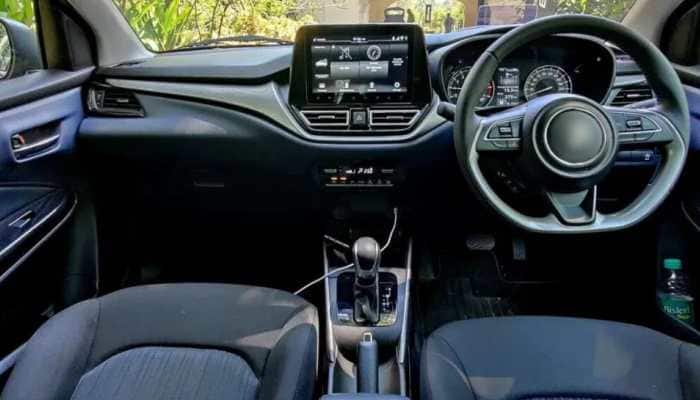UK launches 3rd booster dose trial of 7 COVID vax
In a first, the UK has launched a new clinical trial that will assess the efficacy of a third 'booster' dose of seven different COVID-19 vaccines on patients' immune responses, the media reported.
- The trial will assess COVID-19 vaccines of Oxford-AstraZeneca, Pfizer-BioNTech, Moderna, Novavax, Valneva, Janssen and Curevac
- Cov-Boost, aims to begin in June and recruit 3,000 people of all ages who had their first dose in December or January
Trending Photos
) Pic Courtesy: Pixabay
Pic Courtesy: Pixabay London: In a first, the UK has launched a new clinical trial that will assess the efficacy of a third 'booster' dose of seven different COVID-19 vaccines on patients' immune responses, the media reported.
The trial will assess COVID-19 vaccines of Oxford-AstraZeneca, Pfizer-BioNTech, Moderna, Novavax, Valneva, Janssen and Curevac.
The trial, named Cov-Boost, aims to begin in June and recruit 3,000 people of all ages who had their first dose in December or January, to test if this is worthwhile, the BBC reported on Thursday.
It costs 19.3 million pound and is being funded by the UK government and led by the University Hospital Southampton NHS Foundation Trust, the report said.
"It could be that some age groups may not need a booster and others do," Professor Saul Faust, chief investigator for the trial, from the University of Southampton, was quoted as saying.
"We are not trying to say one is better than the other. The aim is to find out whether there should be a booster campaign and which vaccine to use," he said.
Prof Faust said he was not expecting any vaccines to be "detrimental" but some could cause high fevers or very sore arms, for example, which would be useful to know.
The vaccines will be trialled at 18 sites across the UK, and half doses will also be tested.
Besides data on side-effects and immune responses, the findings will also help vaccine advisers decide if re-vaccinating some people in the autumn is necessary, the report said.
The participants will be asked to keep diaries of any side-effects after a third dose, and their immune responses will be tested after one, three and 12 months.
This involves testing their blood for antibodies to Coronavirus -- high levels are a sign that the body's defences are primed to fight off the virus.
There will also be a control group, who will be given a dummy vaccine. The researchers aim to release the initial trial data in September.
Stay informed on all the latest news, real-time breaking news updates, and follow all the important headlines in india news and world News on Zee News.
Live Tv







)
)
)
)
)
)
)
)
)
)
